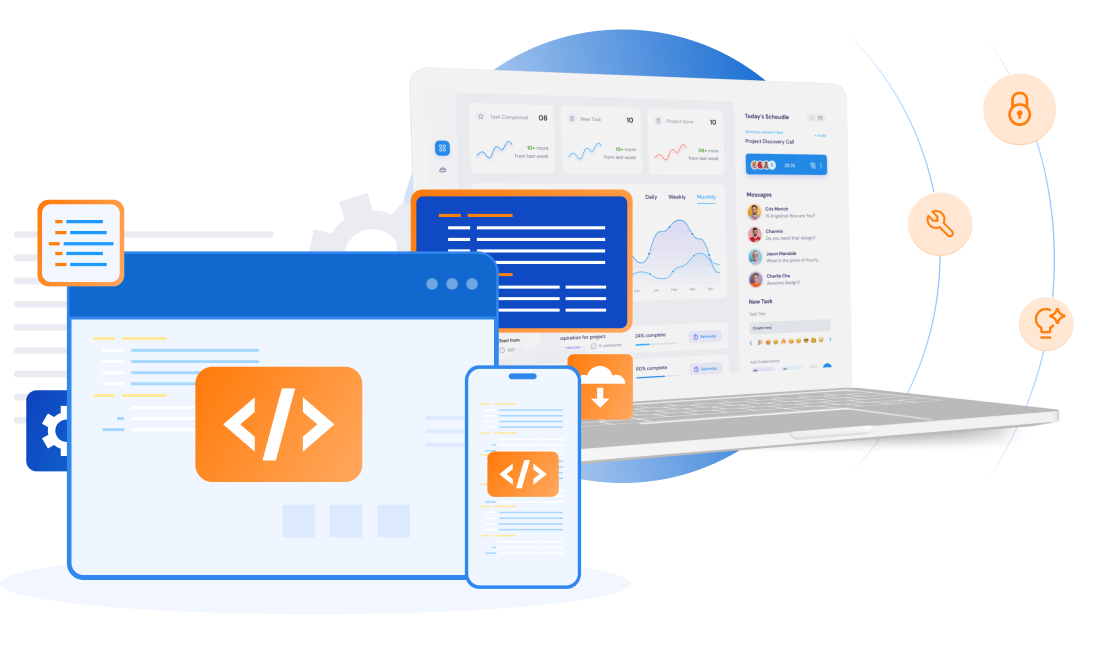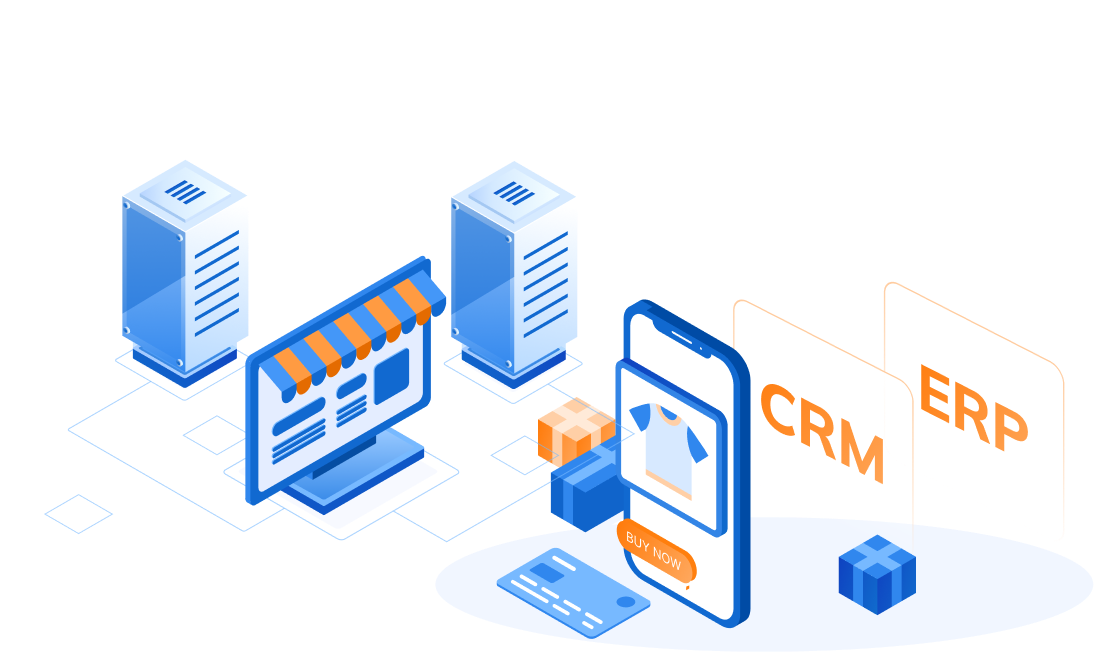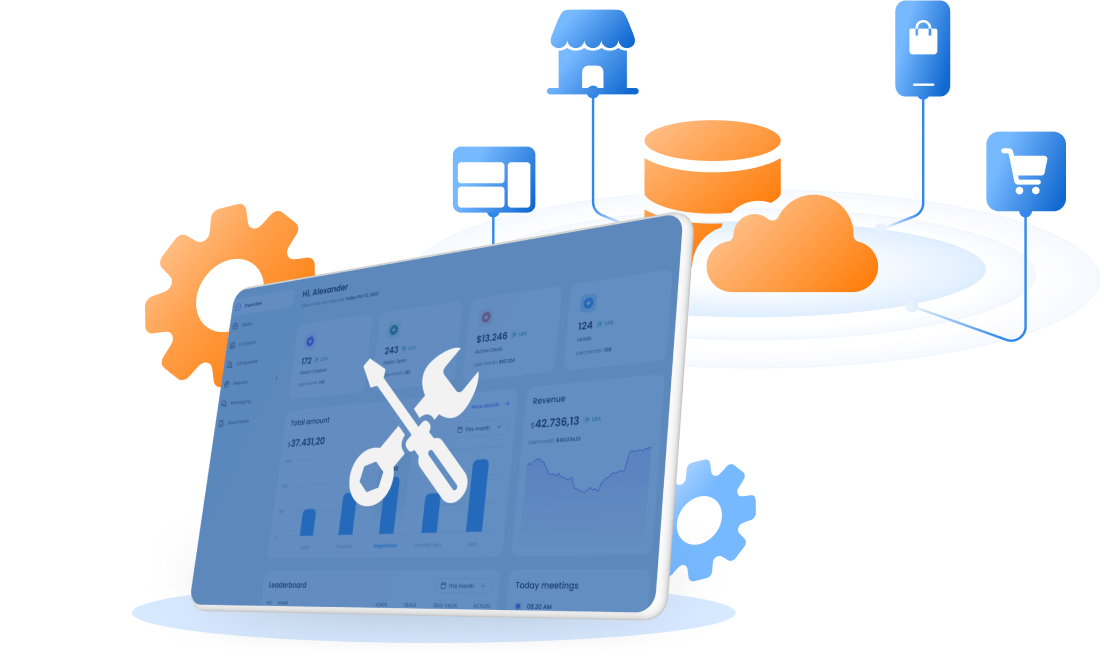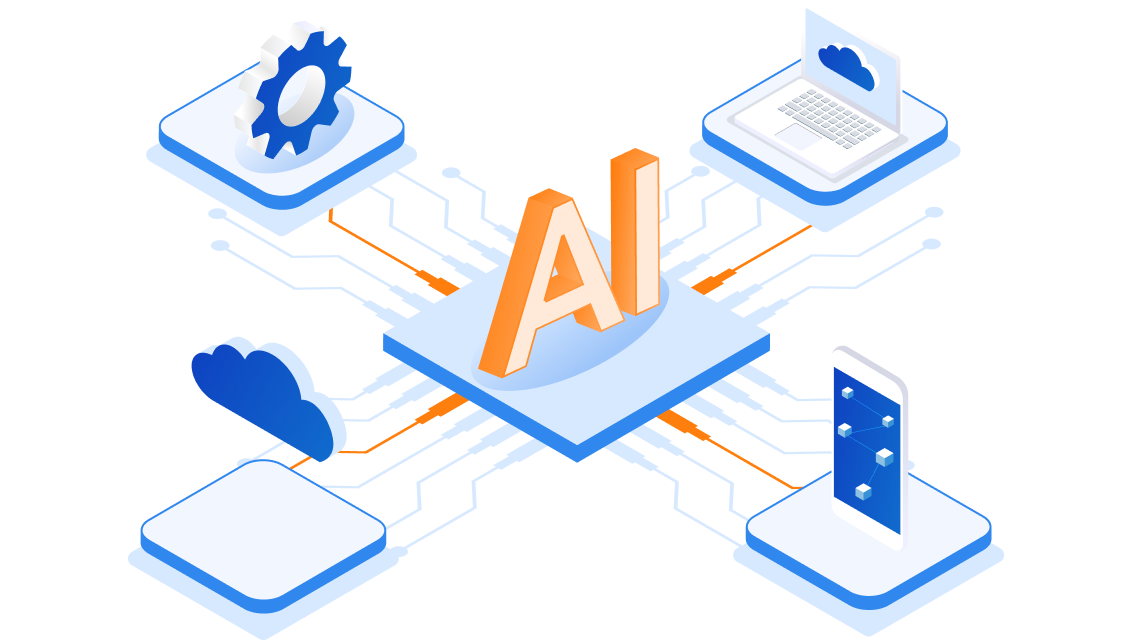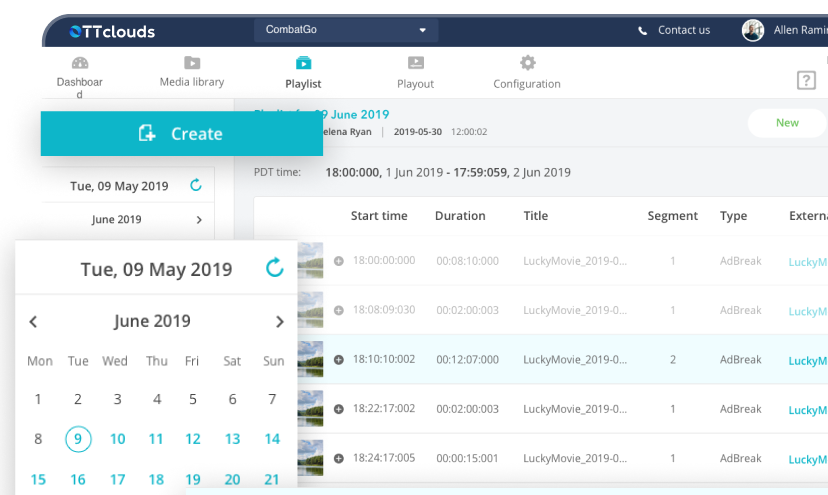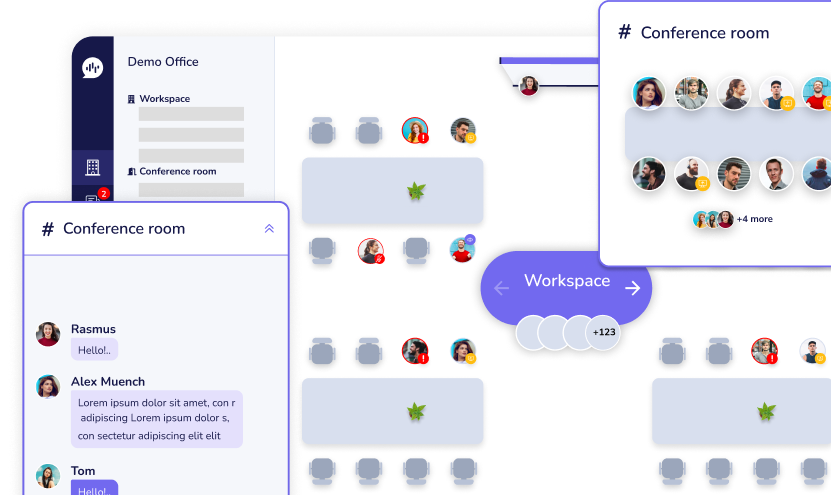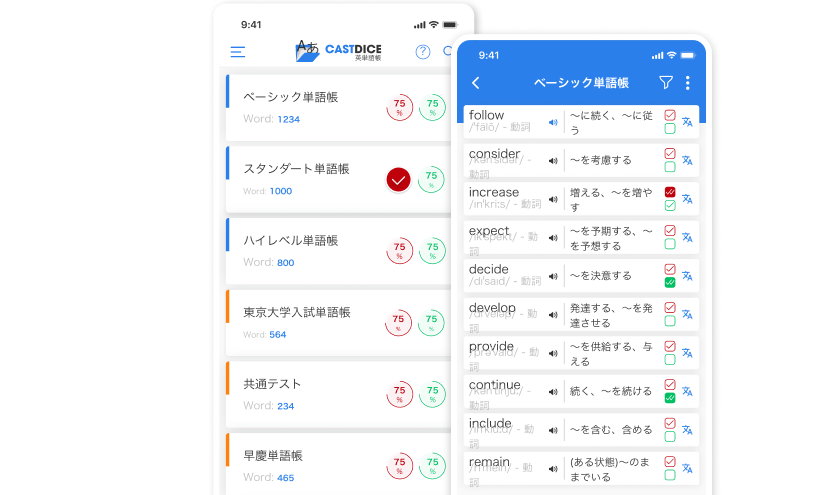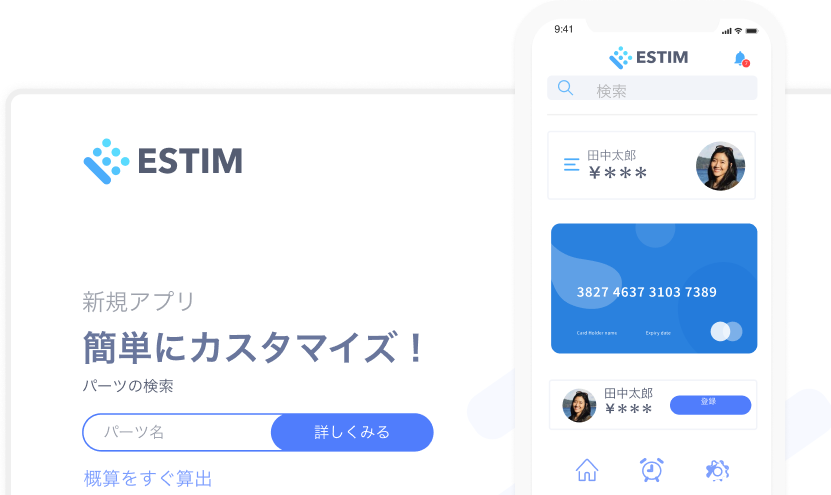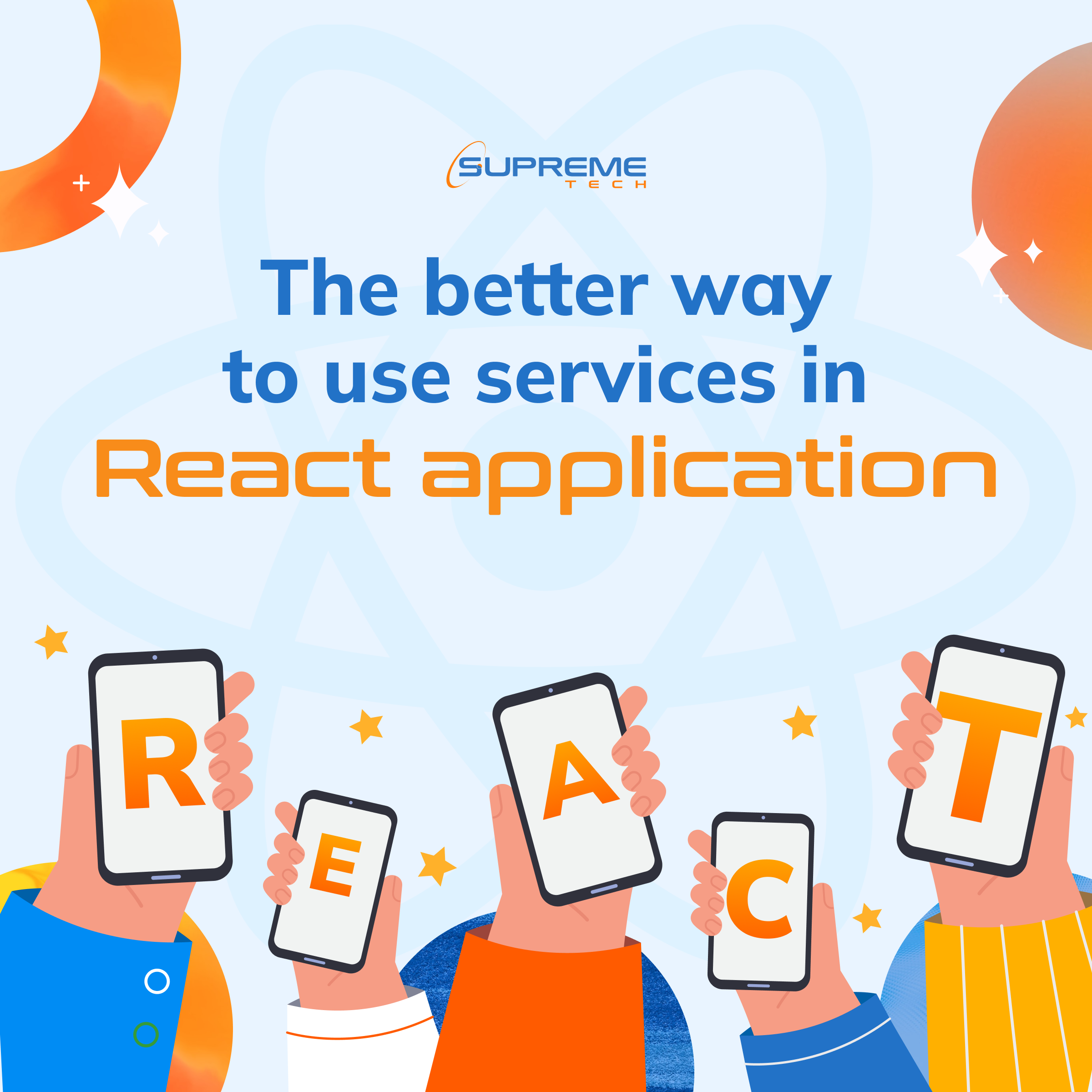Golang for DevOps: Empowering Infrastructure as Code and Automation
17/11/2023
1.82k
Table of Contents
In the realm of DevOps, efficiency, agility, and automation are paramount. This article explores how the Go programming language, often referred to as Golang, plays a significant role in DevOps by enabling infrastructure as code, automation scripts, and deployment tools. We will also discuss how Golang development services can support DevOps teams in achieving their goals.
Explore more:
- The benefits of building chatbots with Golang
- Key Skills and Qualities to Look for When Hiring Golang Developers

Understanding DevOps
Before diving into Golang’s role in DevOps, let’s clarify what DevOps is all about. DevOps is a set of practices that aims to break down the traditional silos between development and IT operations teams. It promotes collaboration, communication, and automation to streamline software development and deployment processes.
Infrastructure as Code with Golang
Infrastructure as Code (IaC) is a cornerstone of DevOps, allowing infrastructure to be managed and provisioned using code. Golang is a powerful language for creating IaC because of its simplicity, efficiency, and excellent support for concurrent programming.
- Declarative IaC: Golang enables the creation of declarative IaC scripts, where you specify the desired state of your infrastructure. You can use tools like Terraform and Pulumi, which are written in Go, to define your infrastructure in a human-readable format. Golang’s syntax is clean and easy to understand, making it an excellent choice for this purpose.
- Concurrency: DevOps often involves managing multiple resources and services concurrently. Golang’s built-in support for concurrency with Goroutines and Channels ensures that you can manage your infrastructure efficiently. This is especially valuable when dealing with large-scale, distributed systems.
- Performance: Golang is known for its performance. When you need to apply changes to your infrastructure rapidly, Golang’s speed can significantly reduce the time it takes to provision and manage resources, contributing to overall DevOps efficiency.
Automation Scripts in Golang
Automation is at the heart of DevOps, as it allows for repetitive tasks to be executed with precision and consistency. Golang’s design makes it a perfect fit for writing automation scripts.
- Cross-platform Compatibility: Golang can compile code for multiple operating systems and architectures. This means that a single Golang script can run on various platforms, reducing the need to maintain separate scripts for different environments.
- Static Typing: Golang’s static typing system provides robust error checking, helping to catch potential issues early in the development process. This feature is particularly beneficial when writing scripts that interact with critical systems.
- Rich Standard Library: Golang’s standard library offers a wealth of packages for working with APIs, databases, networking, and more. DevOps professionals can leverage these packages to streamline the development of automation scripts.
- Ease of Deployment: Golang’s ability to produce standalone binaries simplifies deployment. You don’t need to worry about dependencies or runtime environments when distributing your scripts.
Deployment Tools and Golang Development Services
Deploying applications and services efficiently is a core aspect of DevOps. Golang can be a valuable ally in creating deployment tools that ensure smooth and reliable application delivery.
- Custom Deployment Pipelines: Golang allows DevOps teams to create custom deployment pipelines tailored to their specific requirements. You can build tools that handle everything from continuous integration to deployment, monitoring, and scaling.
- Integration with Containerization: Containers are a fundamental component of modern DevOps, and Golang is well-suited for creating container-related tools. Many container orchestration tools, like Kubernetes, are written in Golang, showcasing their capability in this area.
- Microservices Deployment: DevOps often involves deploying microservices. Golang’s small binary size and efficient concurrency handling make it an excellent choice for managing and orchestrating microservices within a larger system.
Explore more: Automating Deployment of GoLang Applications
Support from Golang Development Services
Golang development services provide valuable support to DevOps teams aiming to leverage the language for infrastructure as code, automation, and deployment. Here are some ways these services can assist:
- Consultation: Golang development services can offer expert advice and guidance on the best practices for using Golang in your DevOps processes. They can help you determine the most suitable tools and frameworks for your needs.
- Custom Tooling: Golang development services can create custom tools and scripts tailored to your infrastructure and deployment requirements. This ensures that your DevOps processes are as efficient as possible.
- Integration: Golang development services can integrate Golang-based tools with your existing systems, ensuring a seamless transition and coexistence with your current infrastructure.
- Maintenance and Support: DevOps is an ongoing process, and Golang development services can provide ongoing maintenance and support for the tools and scripts they develop, helping you keep your DevOps pipelines running smoothly.
Conclusion
Golang’s simplicity, efficiency, and robust support for concurrent programming make it a valuable asset for DevOps teams looking to implement infrastructure as code, automation, and deployment processes. The language’s capabilities, combined with the support of Golang development services, enable DevOps professionals to streamline their workflows, achieve higher efficiency, and meet the demands of modern, agile software development and deployment. Whether you are creating infrastructure as code, automation scripts, or deployment tools, Golang is a versatile and powerful choice in the DevOps toolbox.
Contact us for your tailored Golang development services.
Related Blog


